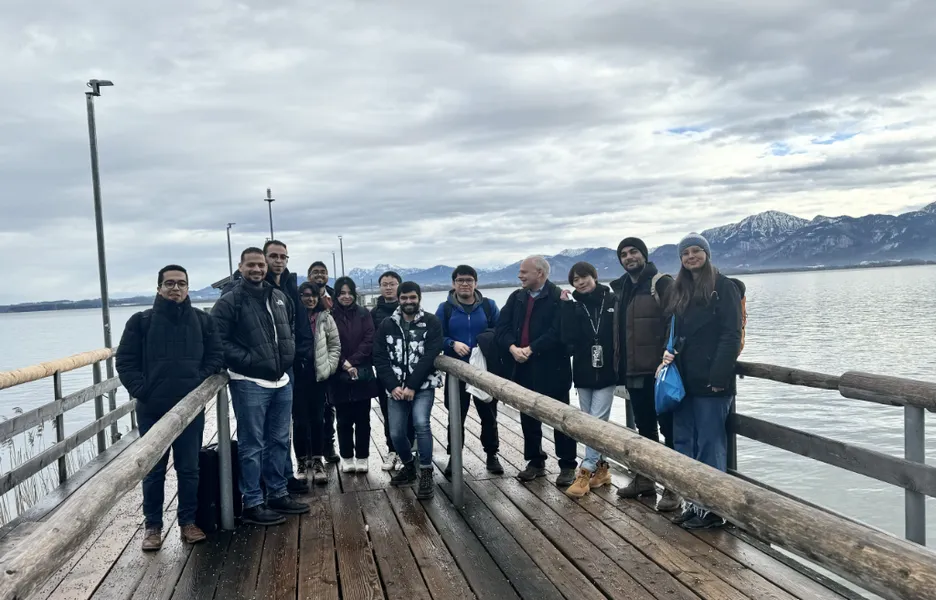Cloud Computing (IN2107)
Prof. Dr. Michael Gerndt, M.Sc Isaac Nunez, Jianfeng Gu, Srishti Dasgupta, Asim Zulfiqar (LRZ)
| Dates: | Presentation at Frauenchiemsee in December |
| Planning meeting: | Donnerstag, July 10th,16:00 https://tum-conf.zoom.us/j/2176944321?pwd=bDhURGJDVFdHMDhtdC9vMk1HWEZYdz09 Meeting ID: 217-694-4321 Password: 738086 |
| First meeting: | |
| ECTS: | 5 |
| Language: | English |
| Type: | Seminar, 2S |
| Moodle course: | |
| Registration: | Matching System |
Organization
- We have a total of 12 available places for our cloud computing seminar.
- Each student will select a seminar topic and submit a paper on that topic.
- We will use hotcrp as the tool for submission of seminar papers.
- To make students more familiar with the scientific peer-reviewing enviornment, each submitted paper will be assigned two fellow students that will review the paper and give feedback.
- Each student will also prepare a 30 minute presentation on their topic.
- All seminar presentations will be held in-person at Frauenchiemsee. Transportation and stay will be covered by the Chair. Food will not be covered, which will cost around 60 euros. Students must have a Deutschlandticket.
- Presentation tentative dates: December 2025 or January 2026.

Motivation
Cloud computing is dominating the IT sector due to its on-demand provisioning of resources. It enables highly elastic and scalable application work loads with huge differences in computational and storage demand. The Internet of Things is an excellent use case for clouds as it has a varying amount of incoming sensor data creating huge storage requirements. Accesses to the data might be based on short running functions but also compute intensive analytics jobs are run on the data. Other applications follow the cloud native model where the application is decomposed into microservices which are deployed based on backend services of the cloud provider into VMs or Kubernetes clusters. In combination with the microservices more and more applications also use function-as-a-service offerings of the cloud providers. Running these complex parallel and distributed applications efficiently on the large scale cloud infrastructure, even in combination with distributed resource on the edge, poses a lot of challenges on the management of the applications as well as of the infrastructure.
Some of the topic/topic-area include:
- Hyperparameter tuning in HPCCloud
- Scalability in the Cloud
- Energy-efficient Resource Management for IoT Devices
- Learning-based Energy Optimization in Battery-powered IoT devices
- Eventing Support in FaaS Platforms
- Container Checkpointing for Kubernetes
- AI-driven Energy Optimization for IoT Devices
- vLLM: A high-throughput and memory-efficient inference and serving engine for LLMs
- SGLang: Efficient Execution of Structured Language Model Programs
- DistServer: Disaggregating Prefill and Decoding for Goodput-optimized Large Language Model Serving
- Orca: A Distributed Serving System for Transformer-Based Generative Models
The students will select material for the presentation, provide a report, and give a presentation of 30 minutes. The management of the seminar is done through Moodle.